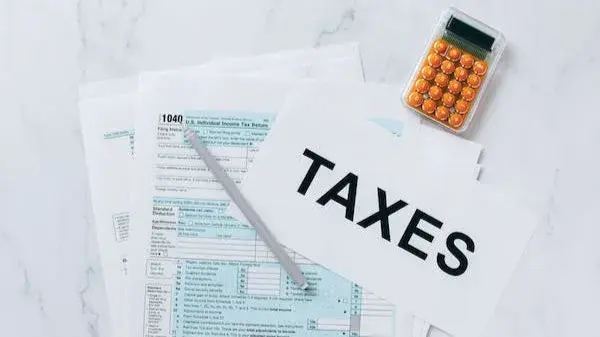Updated 31 December 2023 at 18:54 IST
Late on ITR filing? December 31 marks your last chance to dodge penalties
The July 31, 2023, income tax filing deadline has passed, and individuals and corporations, under audit or not, now have until December 31 for belated filings.
- Republic Business
- 3 min read

ITR deadline: Are you among the large base of tax payers, having missed out to file Income Tax returns? Incase you missed ITR deadline of 2023, there is still a last chance as the last date approaches. While experts pointed out need for urgency, failure to meet the December 31 deadline carries significant consequences, including penalties and interest charges.
The initial deadline for filing income tax returns, set for July 31, 2023, has passed, and individuals who missed this date now have until December 31 to fulfil their tax obligations. "This deadline applies universally, encompassing individuals, corporations, those undergoing audits, and those not undergoing audits," said Arpit Suri, CA, personal finance expert.

Late filing penalties
Under Section 234F of the Income Tax Act, individuals failing to file returns before the due date will face a late filing fee. "For those missing the deadline, the penalty is Rs 5,000, though taxpayers with a total income below Rs 5 lakh will incur a reduced penalty of Rs 1,000. Additionally, late filers will be subject to interest charges under section 234A, calculated at a rate of 1 per cent for every month, or part thereof, on the outstanding tax amount," Suri explained.
Beyond financial penalties
The repercussions of not filing income tax returns extend beyond financial penalties. Non-filers will be unable to carry forward losses from the current assessment year, and penalties may be imposed, ranging from 50 per cent to 200 per cent of the assessed tax, depending on the extent of non-compliance.
Advertisement
Despite missing the December 31 deadline, taxpayers have the option to file updated returns within 24 months of the end of the relevant assessment year, as introduced by the Finance Act, 2022. This provision allows for a longer duration to fulfil this obligation, although filing updated returns incurs additional income tax liability. Importantly, no penalty or fee is associated with the process, but taxpayers must pay additional tax as per Section 140B of the Income Tax Act.
Filing updated returns requires the use of the ITR forms specified for the respective assessment year, along with Form ITR-U. "It's crucial to note that updated returns cannot be submitted for claiming a tax refund, and the original filing deadline must be adhered to for refund claims," Suri added.
Advertisement
In severe cases involving substantial discrepancies, there is a possibility of prosecution being initiated against delinquent taxpayers. As the deadline approaches, experts urge taxpayer to fulfil their tax filing obligations promptly to avoid legal and financial consequences.
Published By : Leechhvee Roy
Published On: 26 December 2023 at 18:22 IST
